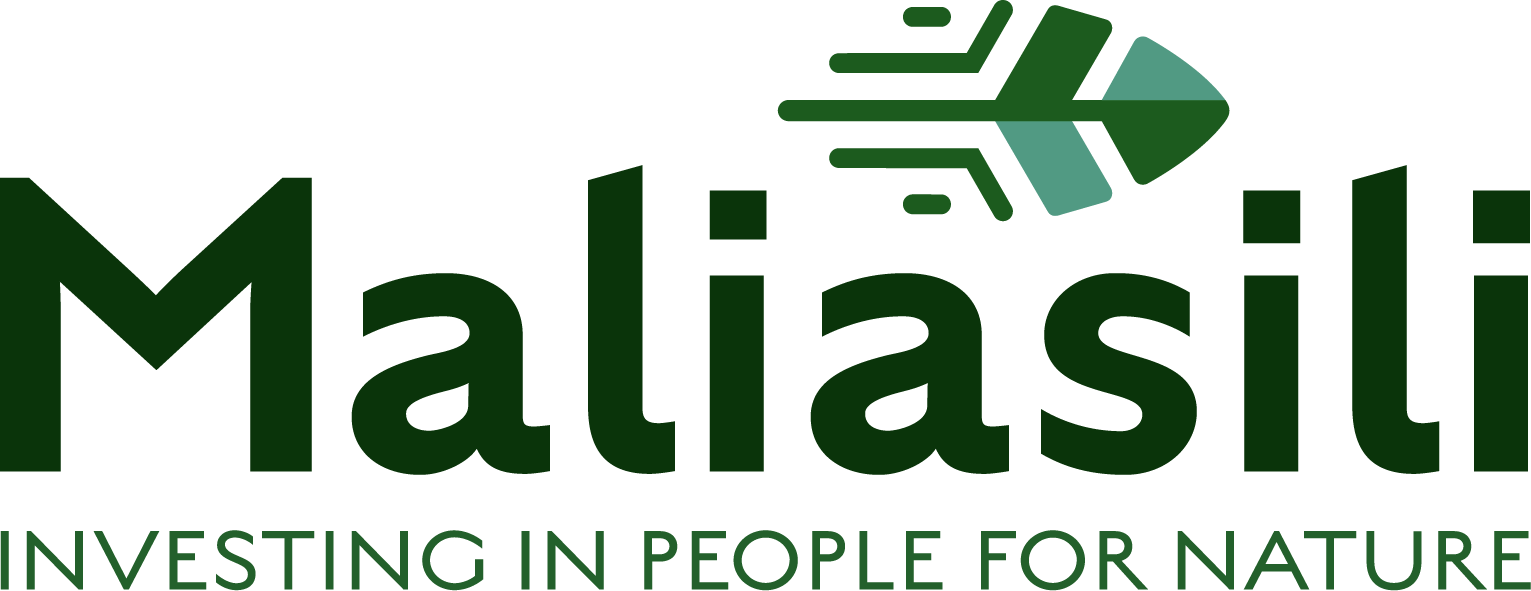COMRED | Coastal and Marine Resource Development
Improving coastal marine resource management in Kenya
Established in 2007, Coastal and Marine Resource Development (COMRED) works to help communities develop practical solutions to better manage their marine environment in coastal Kenya. COMRED is successful at working effectively at different scales: from supporting communities to organize and develop their governance structures; to connecting communities with funders who support local conservation efforts; and working to influence local government policy.
Kenya’s coastal fisheries and coral reefs are of critical importance to the food and income of millions of people, and face rising pressures from growing populations and consumption, infrastructure development, urban pollution, and climate change. Weaknesses in fisheries governance and conflicts between resource users result in low enforcement of regulations and chronic overexploitation of marine resources.
COMRED has played a key role in pioneering community-led efforts within the Shimoni-Vanga Seascape, a rich transboundary marine area in southeastern Kenya. This rich marine environment, with some of Kenya's most important mangrove areas, coral reef fisheries, and offshore islands, is home to several coastal communities that rely on the area for food and income from fishing and tourism. It is part of a wider transboundary seascape stretching along Tanzania's northeastern coast, making it part of a globally significant area for coral reefs and other marine life.
COMRED works with local communities to better manage their fisheries and coral reef ecosystems, to both safeguard biodiversity and improve local food supplies. Sharing their research and expertise with communities, governments, and students, COMRED supports development, planning, and capacity building for a more unified and thriving coastal environment.
Shimoni-Vanga Seascape
The Shimoni-Vanga seascape is located on the Southern tip of Kwale County in Kenya. It is an ecologically sensitive area of national and global importance that includes the world-famed Kisite-Mpunguti Marine National Park and Reserve. The seascape is part of the larger Eastern African Marine Ecoregion (EAME)—one of ten global marine ecoregions with high biodiversity that require special attention.
86,000 hectares
Locally Managed Marine Areas established across the Shimoni-Vanga Seascape, making this one of Kenya’s most important co-managed marine areas. COMRED are currently exploring areas to further strengthen support to this area, while potentially expanding the area under effective community management. .
1st coastal climate change policy in Kenya
COMRED played a key role developing Mombasa County’s climate change bill, the first bill of its kind for a coastal city in Kenya. The bill has since influenced city planning, waste management, and the integration of coastal marine resource management in the expansion and redevelopment of the port. As a pilot, it is hoped that this effort will be replicated in other coastal cities along the Western Indian Ocean.
$400,000 for community conservation
COMRED supported 15 CBOs in Shimoni-Vanga seascape to secure $400,000 to identify ways to diversify community revenue options through value addition of fish, eco-tourism, conservation, and improved governance.
Connecting communities and funders for coastal conservation
Through COMRED’s training and facilitation, 147 community members from 60 community groups are implementing GEF-funded projects along Kenya’s coastline. So far, the results include:
27,000 mangrove seedlings raised
Strengthened capacity of 15 local community institutions enabling them to take on and manage future grant-funded projects
An extended Locally Managed Marine Areas (LMMAs), with three other areas identified and demarcated for community conservation management.
112 women trained on fish processing and entrepreneurship







